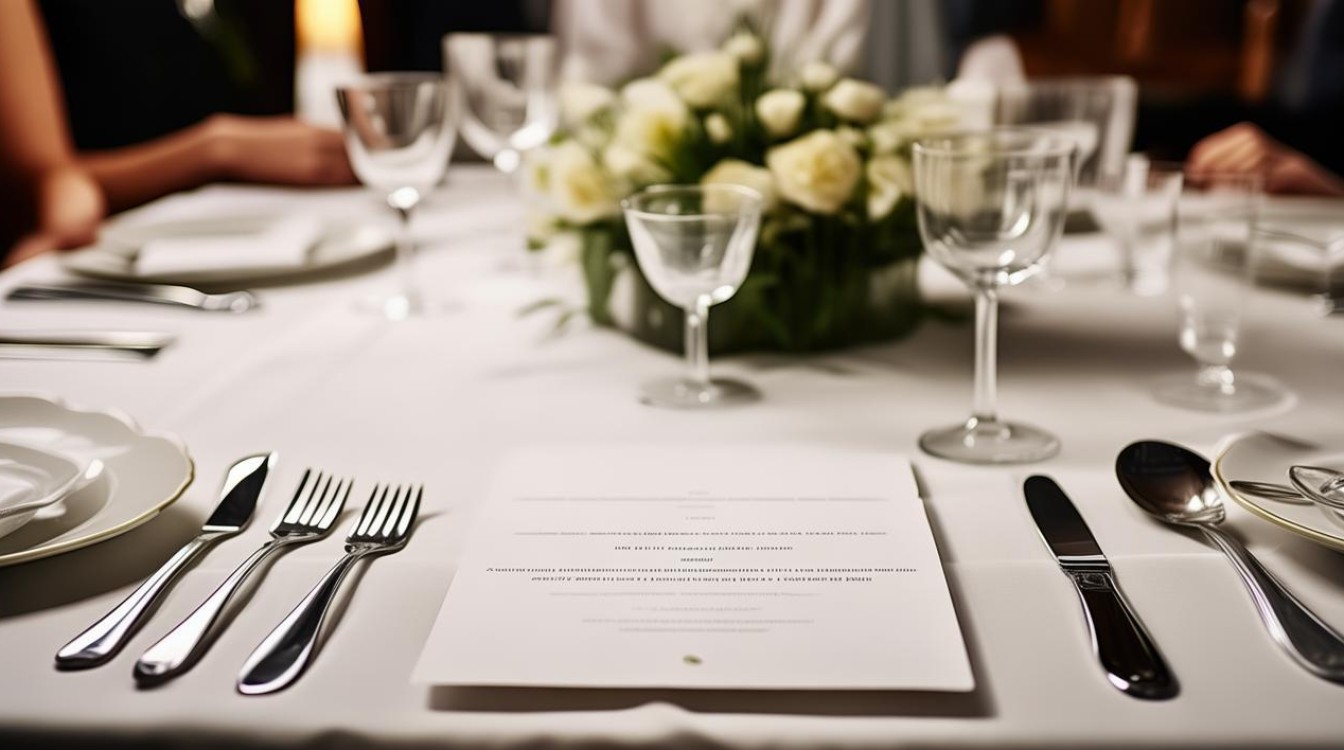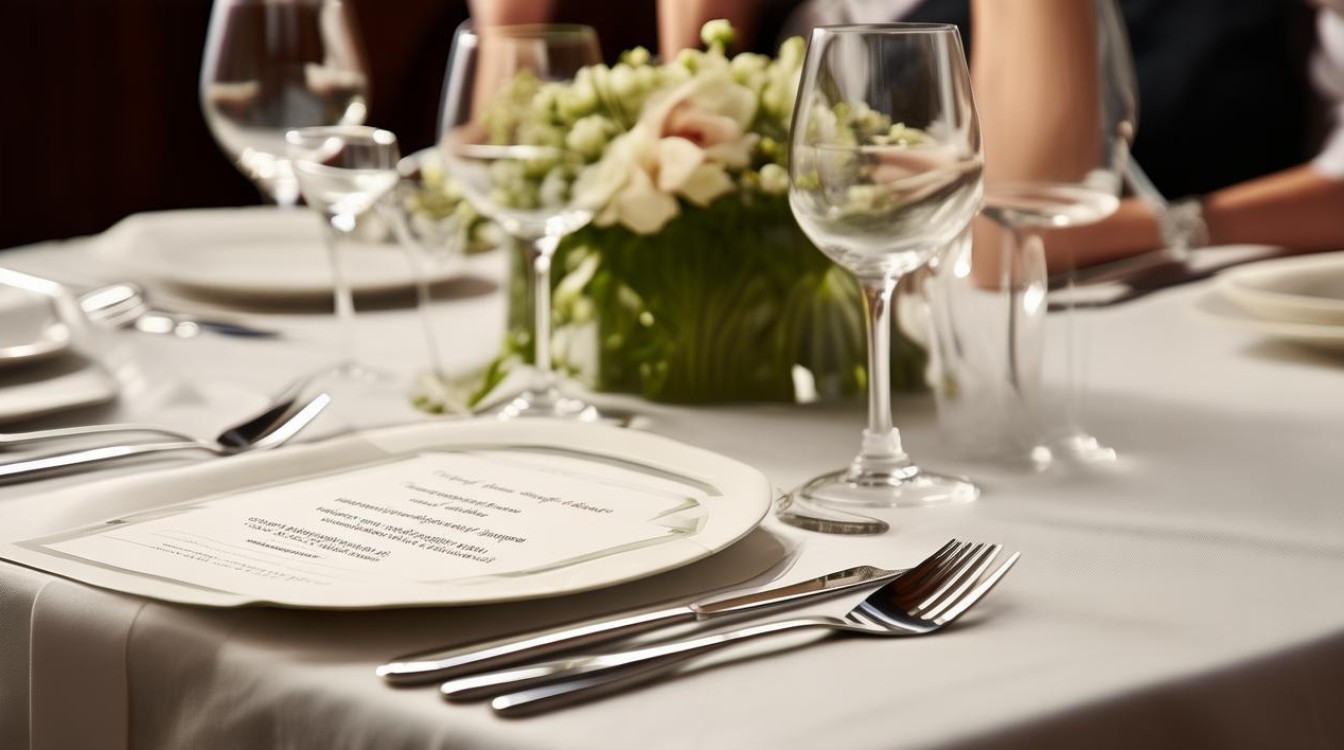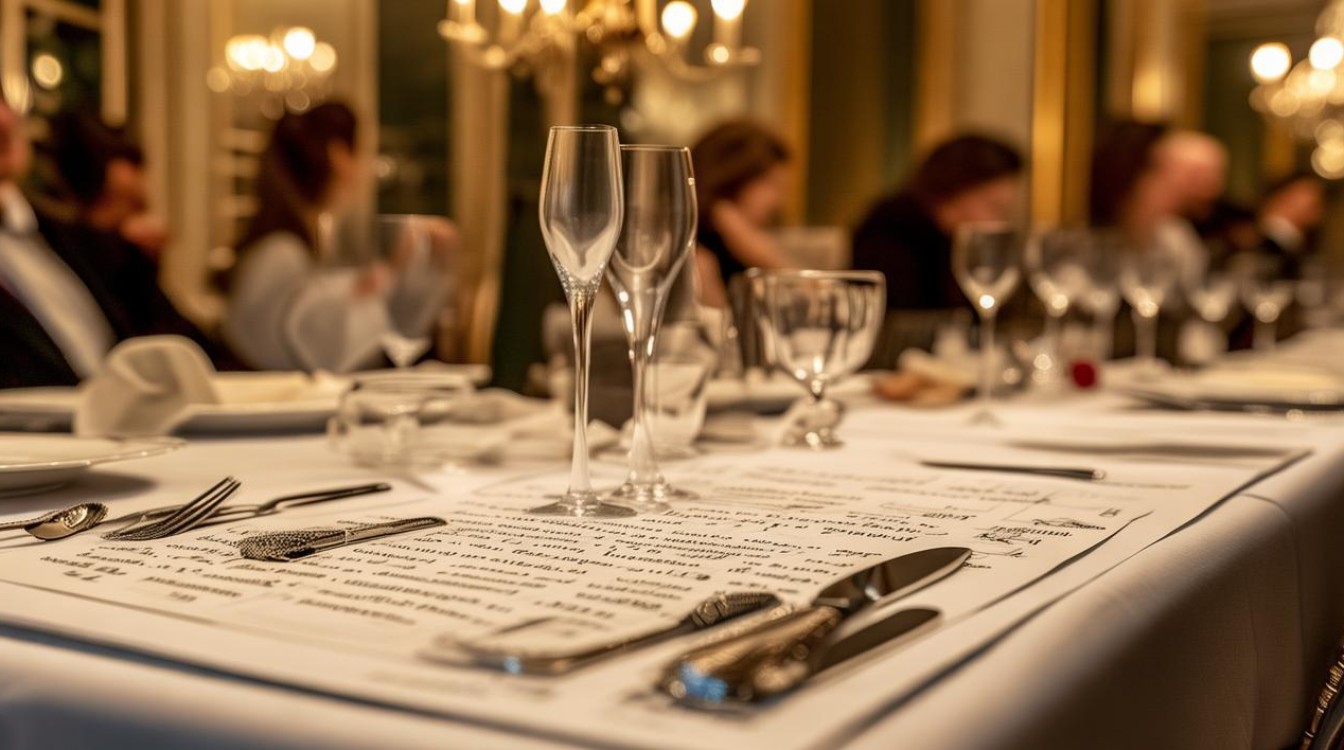Dining is more than just eating—it’s a social ritual that reflects respect, cultural values, and personal upbringing. Whether you’re attending a business lunch, a formal dinner, or a casual meal with friends, understanding table manners in English-speaking cultures can leave a lasting impression. This guide explores key aspects of Western dining etiquette, offering practical tips to navigate meals with confidence.

The Basics of Seating Arrangements
In formal settings, seating often follows tradition. The host typically sits at the head of the table, with the guest of honor to their right. If unsure, wait for the host to indicate where you should sit. At casual gatherings, seating is usually flexible, but it’s polite to avoid rearranging chairs without asking.
Napkin Etiquette
Place your napkin on your lap immediately after sitting down. Use it to dab your mouth discreetly, not wipe vigorously. If you leave the table temporarily, place the napkin on your chair. At the meal’s end, loosely fold it and place it to the left of your plate.
Utensil Use: The Continental vs. American Style
Western dining primarily follows two utensil styles:

- Continental (European) Style: The fork remains in the left hand, tines down, while the knife cuts food in the right. After cutting, the fork transfers food to the mouth without switching hands.
- American Style: The knife cuts food, then the fork switches to the right hand to lift bites.
Both are acceptable, but consistency is key. When resting, place utensils diagonally on the plate (fork tines up, knife blade in) to signal you’re not finished. Cross them to indicate completion.
Bread and Butter Protocol
Tear bread into small pieces rather than biting directly. Butter each piece individually on your plate, not in the air. Never use a knife to cut a dinner roll—tearing is the norm.
Handling Soups and Salads
- Soup: Spoon away from yourself, sip silently from the side of the spoon. Tilt the bowl away to reach the last portions.
- Salad: If served as a starter, use the smaller fork. For large leaves, fold them with your fork—never cut unless the pieces are unwieldy.
The Art of Conversation
Meals are social events. Avoid controversial topics like politics or religion. Instead, discuss neutral subjects: travel, hobbies, or light current events. Maintain eye contact, listen actively, and never speak with food in your mouth.

Dealing with Difficult Foods
- Spaghetti: Twirl a few strands against a spoon or the plate’s edge. Slurping is frowned upon.
- Olives or Grapes with Pits: Discreetly remove pits with your fingers and place them on the plate’s edge.
- Bones: Use utensils to remove small bones; for larger ones (like chicken), hold with fingers if necessary, but minimize touching.
Pace Yourself
Match the host’s eating speed. Finishing too quickly may seem rushed; lagging behind can delay service. If you’re full, leave a small amount on your plate to signal completion without appearing wasteful.
Handling Accidents Gracefully
Spills happen. Apologize briefly, assist in cleaning only if offered, and move on. Over-apologizing draws more attention. If you drop cutlery, ask the server for a replacement rather than picking it up.
Tipping and Gratitude
In the U.S. and Canada, tipping 15–20% is standard unless service is included. In the U.K. or Australia, rounding up or leaving 10% suffices. Always thank the host or server sincerely—a handwritten note for formal dinners adds a thoughtful touch.

Mastering table manners isn’t about rigid rules but showing consideration for others. As globalization connects cultures, these practices bridge gaps and foster mutual respect. Whether dining in London, New York, or Sydney, a polished approach to etiquette ensures you’re remembered for the right reasons.
Good manners cost nothing but speak volumes—bon appétit!

